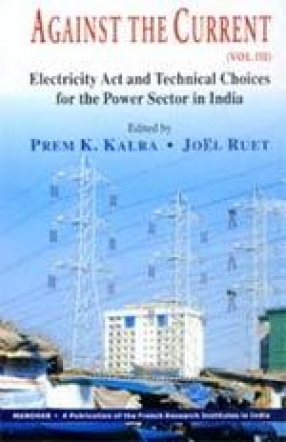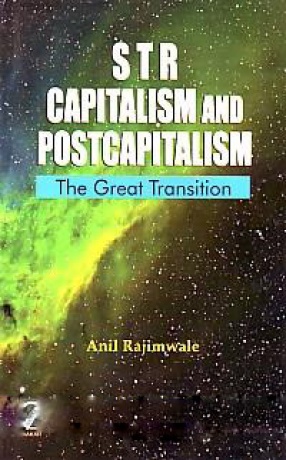The State Electricity Boards present huge potential for daily change in the lives of a billion-strong Indian population. Often described as nearly impossible to reform, SEBs offer huge untapped potential for higher technological efficiency, that in turn could mean reliable electricity for day to day life, reduced bills for the users and the public exchequer, higher environmental sustainability. For this potential to appear clearly in the public debate, the so-called ‘technicalities’ of the power sector should no longer be the monopoly of a few specialists and technocrats. And indeed, India’s history of economic regulation has entered into a new era when, in the power sector, the model of ‘independent regulation’ for utilities got enacted through the Electricity Regulatory Commissions Act, 1998, then followed by the new Electricity Act 1998, then followed by the new Electricity Act 2003. The regulatory commissions gained a saying in virtually all technical matters within the utilities. The biggest chasse gardee of the SEBs engineers had not resisted. This volume comes as third in a series on the power sector reforms in India. The series attempts at understanding (i) the organizational tasks, (ii) the tariffs aspects, (iii) the role of the private, (iv) the role of technology in the complex, variegated, state-specific Indian scenario. A clear and sound public debate on tariffs, service, advantages, and limits of privatization in the Indian scenario can only come from an informed assessment of current margins in technological enhancement of SEBs and on the relevance of the Act in framing such a new Indian power system. This volume wishes to contribute to this debate.
Against the Current: Organizational Restructuring of State Electricity Boards
On paper. State Electricity ...
$19.00
$20.00








There are no reviews yet.